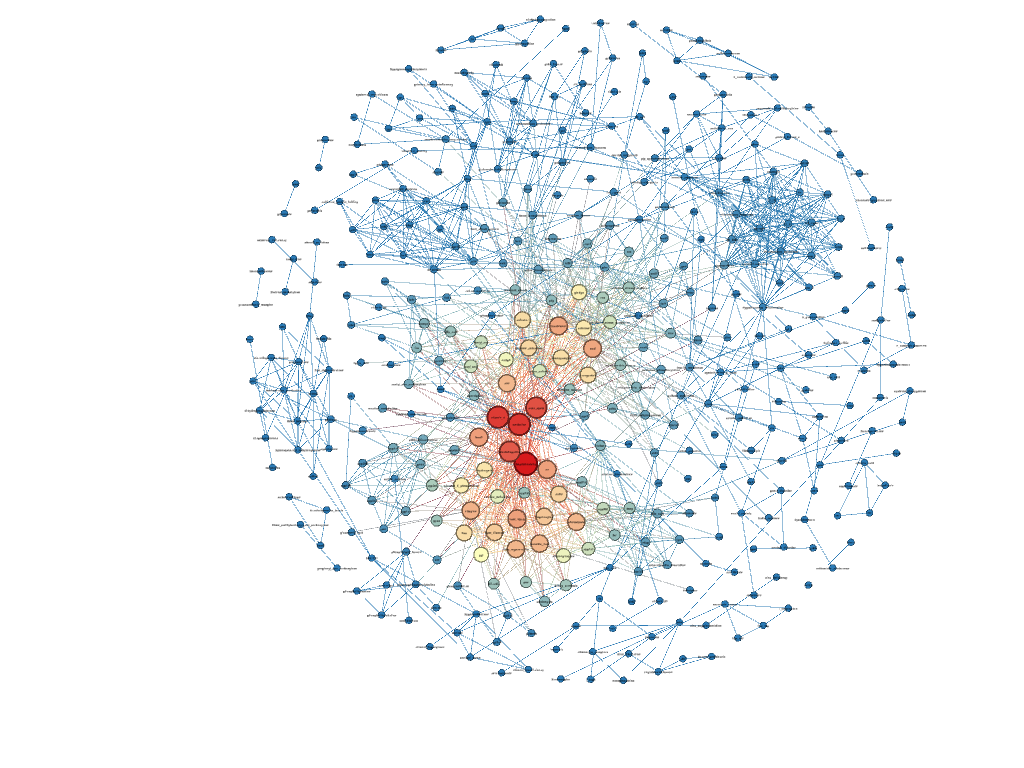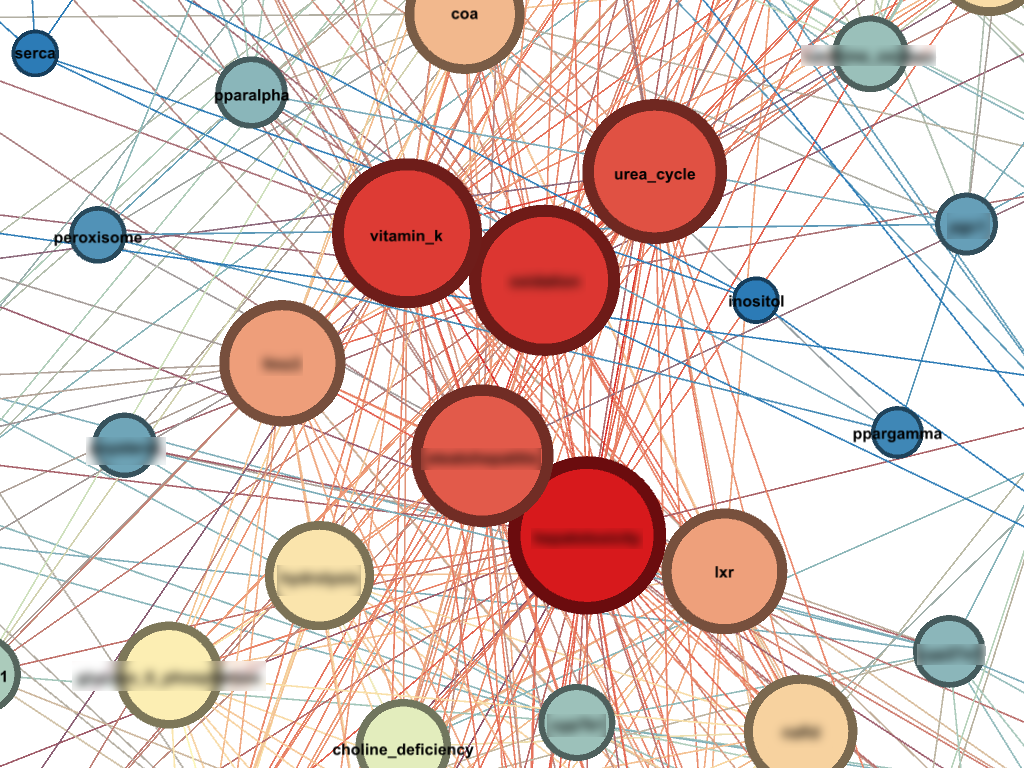mariovitali
Senior Member
- Messages
- 1,214
Dear All,
Please find below the first post of the series where Machine Learning, Natural Language Processing and Network Analysis is used to identify Medical Topics relevant to CFS, Firbomyalgia, Post-Finasteride Syndrome and more.

Network Analysis and several Machine Learning algorithms point to Vitamin K - related Genes as highly relevant (Hypothesis) to syndromes such as CFS, PFS (and more).

Some of these genes are : MERTK, GAS6 and VKORC1
Full text :
http://algogenomics.blogspot.com/2017/05/machine-learning-nlp-and-network.html
Please find below the first post of the series where Machine Learning, Natural Language Processing and Network Analysis is used to identify Medical Topics relevant to CFS, Firbomyalgia, Post-Finasteride Syndrome and more.

Network Analysis and several Machine Learning algorithms point to Vitamin K - related Genes as highly relevant (Hypothesis) to syndromes such as CFS, PFS (and more).

Some of these genes are : MERTK, GAS6 and VKORC1
Full text :
http://algogenomics.blogspot.com/2017/05/machine-learning-nlp-and-network.html

